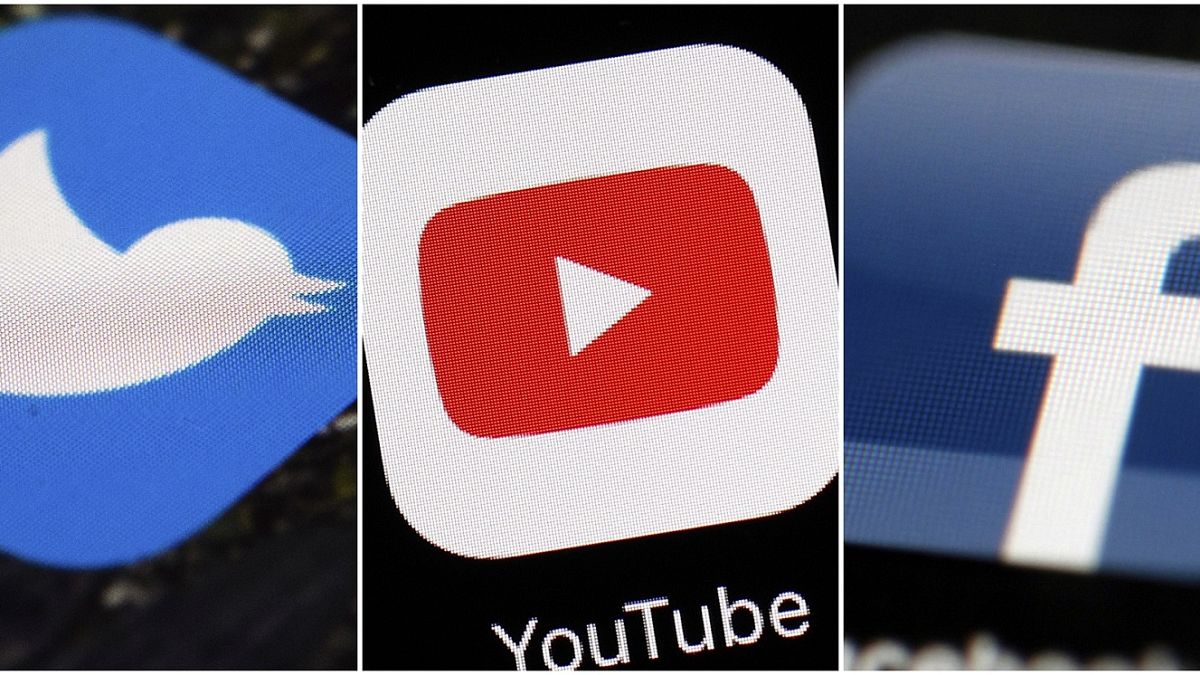COVID-19 has forced governments, communities and companies to do things that were up to this point unimaginable. Internet companies, too, have challenged themselves and their systems to tackle a crisis that is unprecedented in the internet era.
These are difficult times and COVID-19 is challenging us all. However, it is deeply encouraging to see that companies, communities and individual citizens are largely taking this seriously and acting responsibly. As an association of internet companies, we take our responsibility in these challenging times very seriously. And there is a lot that we can all learn when looking at how to best foster a safer internet, in particular as the European Commission considers its new Digital Services Act.
Many of our members have stepped up their efforts to ensure that they remove disinformation, direct people toward reliable information from authoritative and official sources, and ensure that citizens have access to crucial services during this challenging time. Many of our members are also pledging financial support to businesses and communities impacted directly by this crisis.
COVID-19 has forced governments, communities and companies to do things that were up to this point unimaginable. Internet companies, too, have challenged themselves and their systems to tackle a crisis that is unprecedented in the internet era.
This crisis has shown us the impact that effective systems and a sense of responsibility can have. Through partnerships with the World Health Organisation (WHO) and Ministries of Health across the continent, as well as information sharing and the promotion of authoritative, legitimate and trustworthy content, our members have stepped-up their efforts to combat disinformation while ensuring the protection of the freedom of information and the freedom of speech.
However, when our members act or put in place systems to protect people, this has consequences. In tackling disinformation, every decision taken to act on a post deemed to spread disinformation risks removing some legitimate information or commentary. We are conscious of the need to balance these consequences against the need to act. Will we get everything right? Probably not. But we will continue to do what we can to ensure that people are better protected online from the worst consequences of this crisis.
Our members – the world’s leading internet companies - have acted responsibly and will continue to act in the best interests of customers and businesses that depend on us. And the actions we have taken – freeing up bandwidth from online streaming services, taking effective measures to remove “miracle cure” ads – have been recognised, including by Internal Market Commissioner, Thierry Breton and Justice Commissioner, Didier Reynders.
As the European Commission considers how to address illegal content in the Digital Services Act, we must take lessons from this crisis and the responses to it. Our members have demonstrated a sense of responsibility, and while disinformation and illegal content are different in many ways, some principles that have proven successful may serve to guide us effectively when dealing with illegal content. Our members have responded with tailor-made measures. This has ensured that the different concerns on each service are best addressed, and demonstrates the effectiveness of encouraging measures appropriate to the service. Our members have acted responsibly to ensure people have access to good quality information and have been empowered to do so.
Our members take their responsibility seriously and we accept that more needs to be done to tackle illegal content. Ultimately, though, taking greater action results in greater risk for our members, both legally and in terms of our reputation. Fostering a system which will encourage responsibility and which will minimise the risk of taking this action will prove the most effective means to tackle illegal content online, empowering internet companies to step up to the plate in the future as they have during this crisis.
When we emerge from this crisis, much will have changed in our societies. What we must do is learn from these experiences and help in the ways that we can. As the leading internet companies, we are helping in the ways we know best; we are adapting and we are learning. We are doing more now and we are ready to do more in the future.
- Siada El Ramly is the Director General of the European Digital Media Association (EDiMA).
____________
Are you a recognised expert in your field? At Euronews, we believe all views matter. Contact us at view@euronews.com to send pitches or submissions and be part of the conversation.
